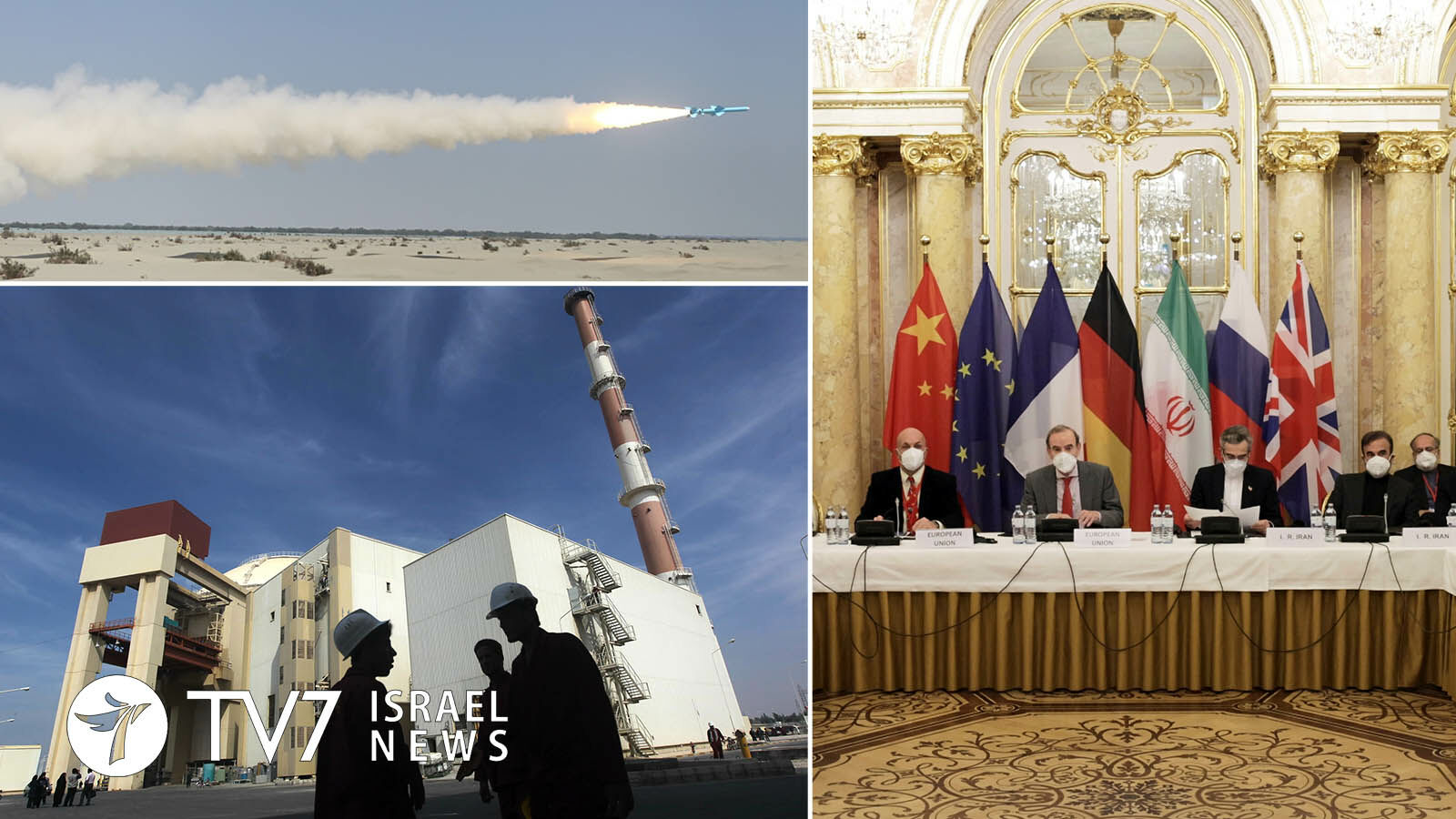Just a small number of outstanding issues remain in the nuclear talks with Iran, said the US State Department, while calling on the Islamic Republic to make necessary decisions to reach an agreement to revive the 2015 Joint Comprehensive Plan of Action (JCPOA).
By Erin Viner
Tehran strongly denied the allegations, saying it is Washington that is responsible for the ‘pause’ in negotiations with world powers in Vienna, although it concurred that an agreement could be forthcoming.
“America is responsible for the halt of these talks … a deal is very much within reach,” Iranian Foreign Ministry Spokesman Saeed Khatibzadeh said during a weekly news conference this morning.
“Washington should make political decision for the deal’s revival,” he insisted, stressing that Tehran would “not wait forever.”
According to Iran, the outstanding issues include its demand that its elite Islamic Revolutionary Guard Corps (IRGC) be removed from the US Foreign Terrorist Organization (FTO) blacklist – a move which is adamantly opposed by Israel.
State Department Spokesperson Ned Price acknowledged that while the US has “tactical differences” with Israel on Iran, he stated there is no strategic disagreement between the two allies. US Secretary of State Antony Blinken traveled to Israel last weekend to hold critical talks on the matter with senior Jerusalem leaders.
Other remaining gaps include the Islamic Republic’s insistence for the provision of guarantees that any future US president would not withdraw from the agreement, as done by former President Donald Trump in 2018. The extent to which crippling US sanctions against Iran would be lifted is yet another sticking point.
Khatibzadeh also said that his nation is ready to resume talks with its arch regional rival Saudi Arabia, which have also been halted, if Riyadh demonstrates willingness to resolve their own outstanding bilateral issues.
It was actually a demand by Russia that forced world powers to suspend nuclear negotiations in early March that its trade with Iran would not be affected by sanctions imposed over its 24 February invasion of Ukraine. Moscow later announced that it has received written guarantees that that the punitive economic measures will not impede its financial arrangements with Tehran – indicating that the Kremlin may allow a continuation of the talks.
